After astounding audiences with the audacity and sensitivity he showed in the fantastic film Border, his second film and first to be presented at the Cannes Film Festival – where he won the Un Certain Regard section prize – the Swedish-based Iranian director Ali Abbasi has returned with a genre film, in this case a crime chronicle based on real events, set in his native Iran. Holy Spider tells the story of a serial killer, Saeed (Mehdi Bajestani), who strangled sixteen prostitutes in the city of Mashhad between 2000 and 2001. The criminal’s motive stemmed from his fundamentalism, from a messianic and redemptive purpose, from the need to “cleanse” the city of vice and corruption.
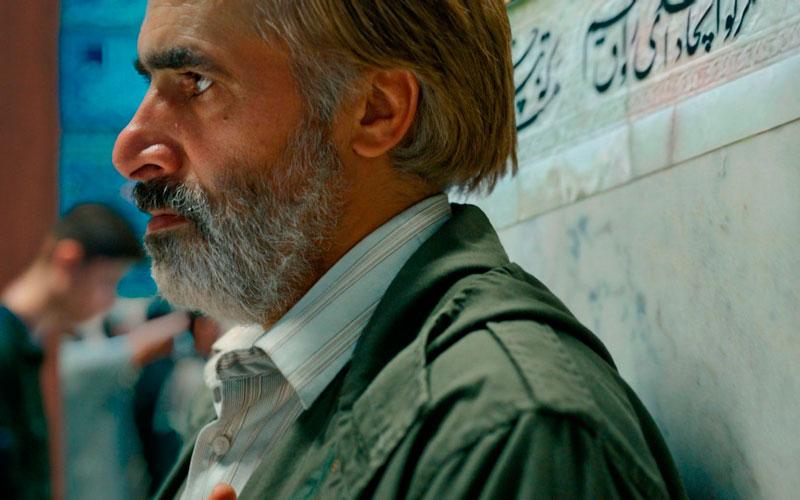
However, the investigation of such a considerable crime stalled, the police found no clues and the prostitutes continued to be murdered and located, once their murderer called to notify where he had abandoned them. The atmosphere Abbasi creates from the first images is one of empathy with the first victim he shows us, a young mother, who lives miserably and leaves her little daughter sleeping in a squalid room. She puts on a crude, exaggerated make-up and goes out in search of her clients, stopping just long enough to snort a dose that will continue to destroy her life and teeth, but also helping to drag herself day after day to the next client. Women living in the third world, under dictatorships or totalitarian pseudo-democratic regimes are the poorest of the poor, and Abbasi shows us this from the opening shots of Holy Spider.
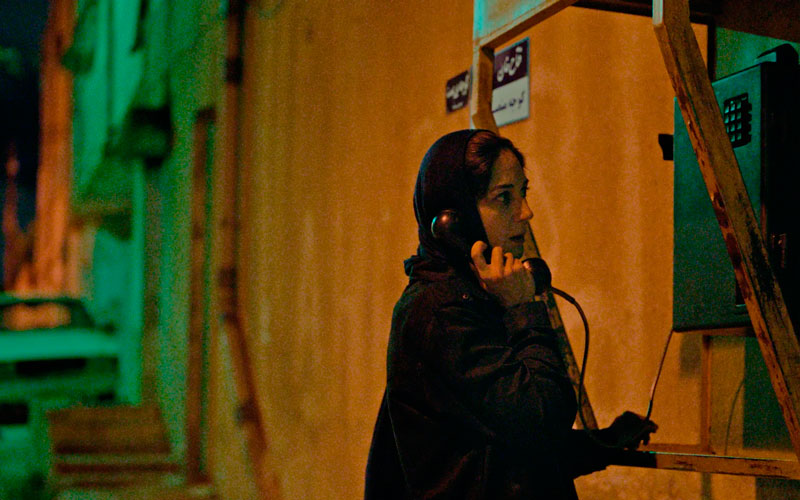
The social concern is evident in the film, which, beyond the black chronicle, explores the roots of the crime, its impunity and its organic acceptance within a regime that systematically disregards women’s rights. As in a Nordic polar fiction, it will be a journalist who will be determined to investigate the crime and go to the last consequences to find the murderer and get his conviction. Harassed by police and bosses and helped by a faithful colleague, Rahimi (Zar Amir-Ebrahimi, best actress in Cannes Film Festival) will go all the way, fearing until the last moment that corruption and impunity will ruin her purpose.
The first thing that stands out in the film is the creative freedom shown by its director, unheard of in Iran, but understandable when we know that it was filmed in Jordan, and in which women are shown as they are in intimacy, and act as they do in real life, sharing beds with their husbands, being sexually harassed and sometimes even daring to rebel. In Abbasi’s style we recognize a film buff who has been able to interpret and transfer his sources of inspiration from Travis Bickle – exchanging the cab for the motorcycle – to Hitchcock, whom he inevitably reminds us of in prolonged scenes of violence – the struggle between the killer and his last and frustrated victim (Torn Curtain, Dial M for Murder) and in the strangulations (Frenzy).
The director is interested in narrating a process, we know the killer from the beginning of the film, there are no suspects to rule out, but a description of the modus operandi and the daily life of the criminal, of his motivation and also of his power to represent a collective conscience, of values accepted by society, of an unfair legality, based on an abominable justification, presented in the manner of Rasoulof in There Is No Evil. We should not be distracted by the appearance of a Nordic thriller, because Holy Spider is an Iranian film to the core, in which reflection goes hand in hand with fiction, as in Border, the narration is dazzling, and the aftertaste, lasting.
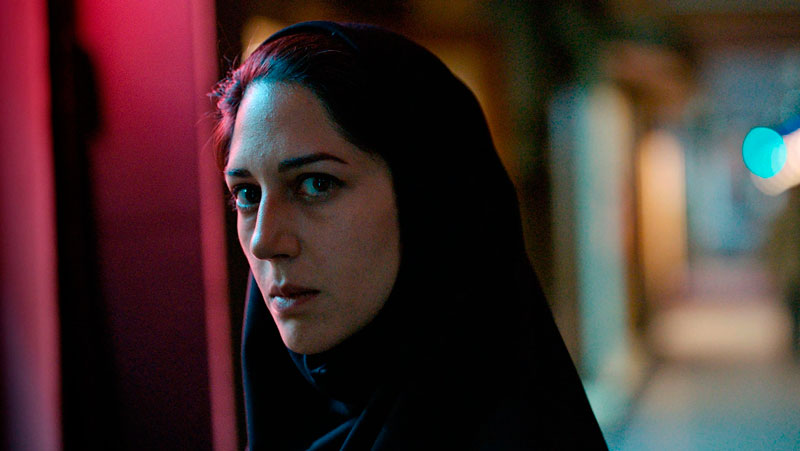
Abbasi’s pulse as a storyteller is well paced and his endings are brilliant, and it is in the coda that finishes tying up and overstretching his film that the viewer recognizes a great director, capable of surprising with a great last scene, to ensure that when we leave the theater we do not believe we have seen a crime film.

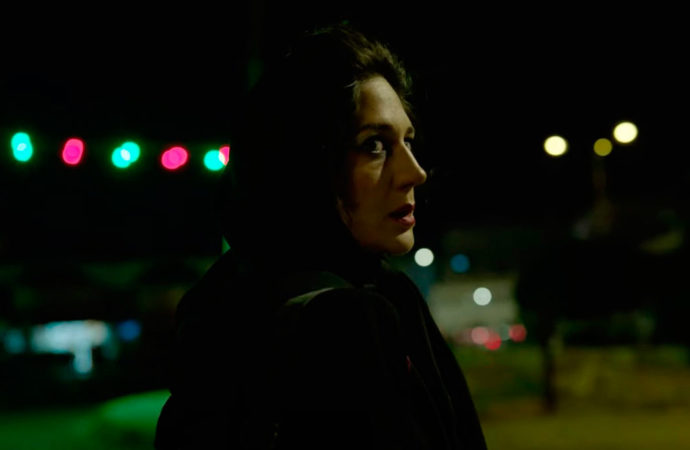

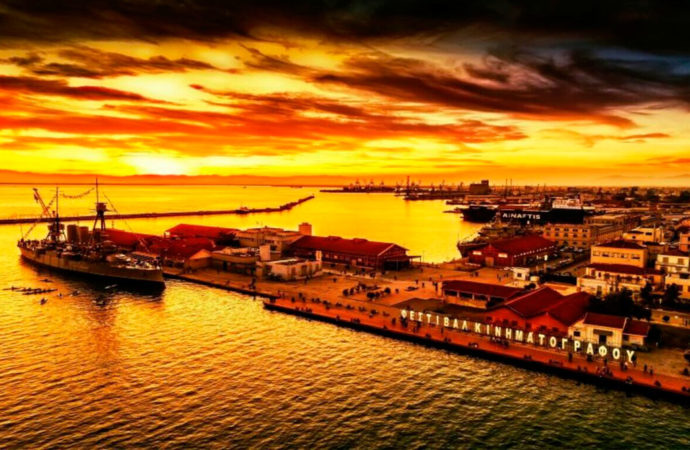
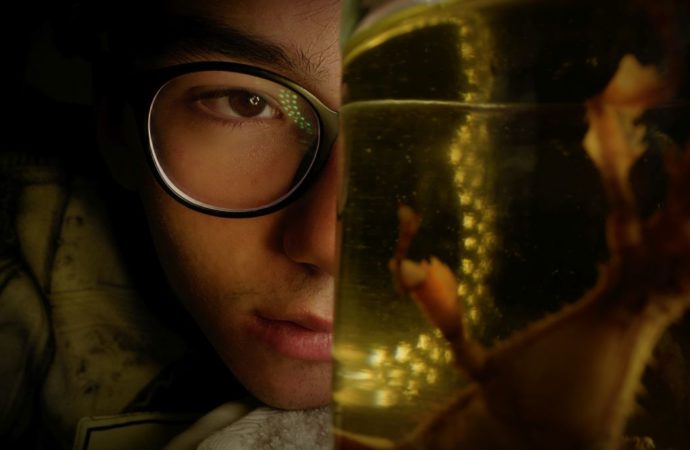
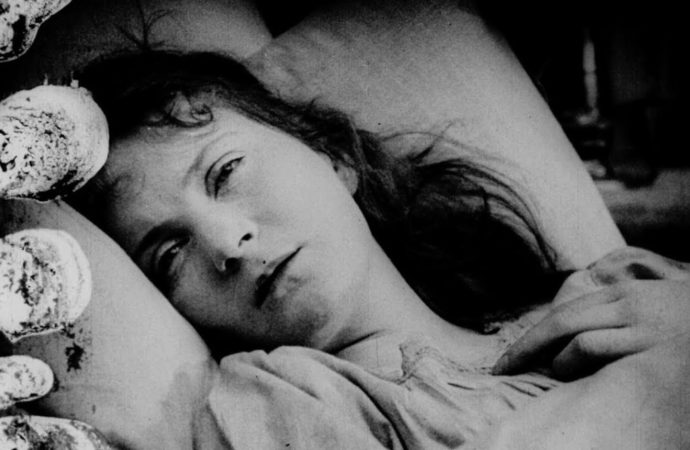
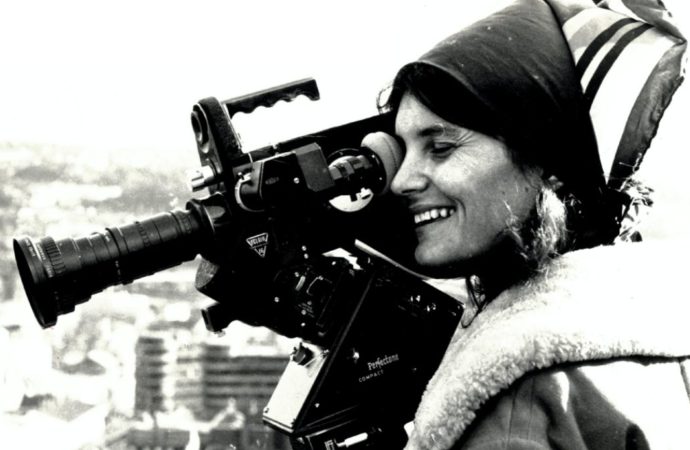
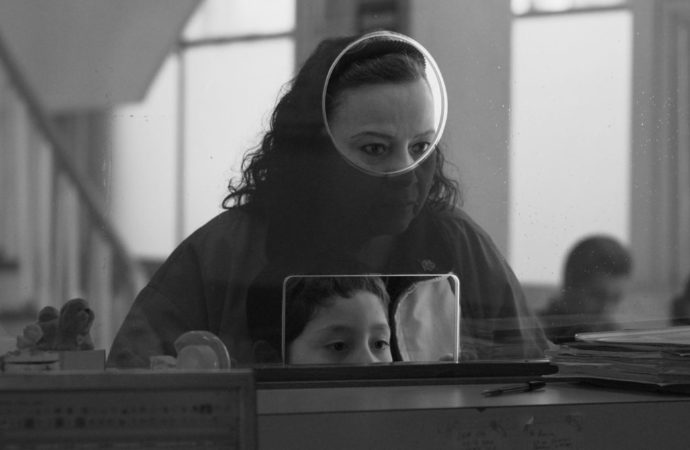

No one has posted any comments yet. Be the first person!